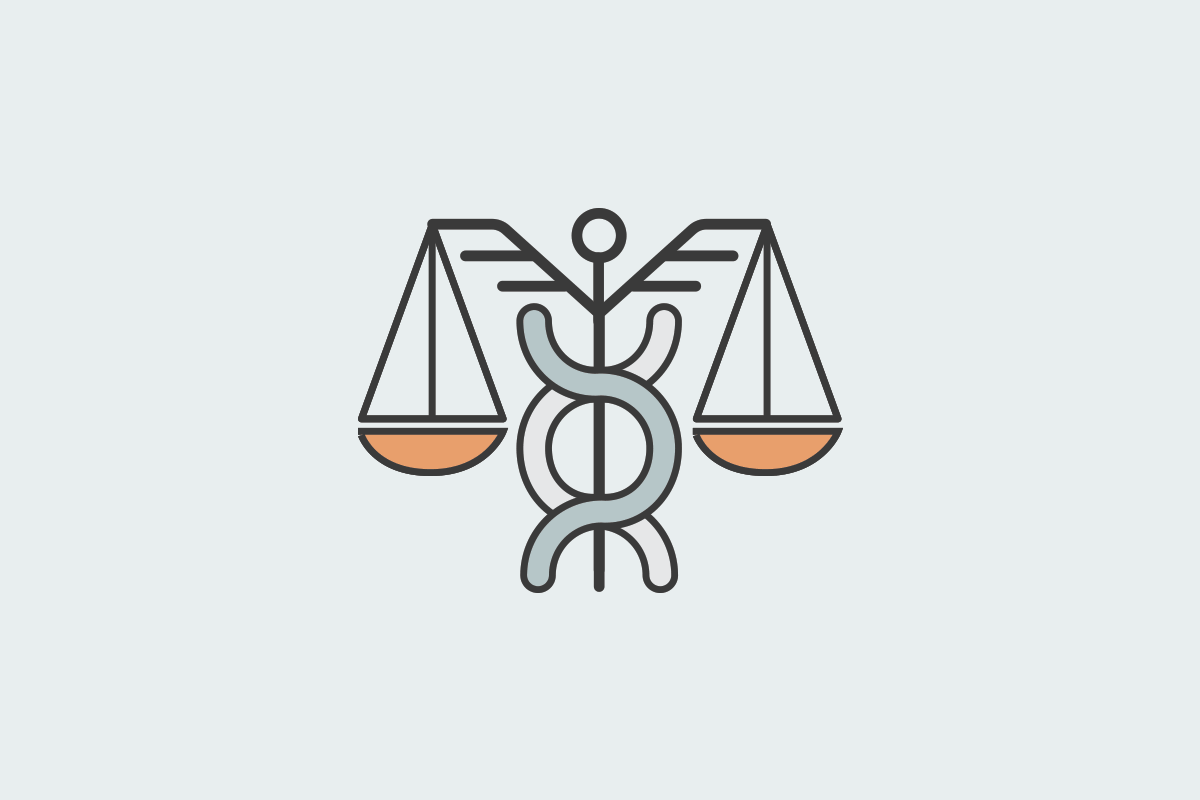During the COVID-19 pandemic, people spent a lot of time isolated and indoors, which helped foster an environment where some people now feel lonelier than ever. The result is a loss of social connectedness—the degree to which people feel the social connections and relationships in their lives to satisfy their wants and needs. When social…
Your Welcoa membership has expired.
To Mandate COVID-19 Vaccines or Not? An Employer’s Dilemma
The following article does NOT constitute legal advice and should not be used as such. It is for educational purposes only. Readers should retain legal counsel to obtain definitive answers.
As each day of COVID-19 passes, anticipation for a vaccine to remove all the social barriers grows. According to the New York Times, researchers are testing 44 vaccines on humans, but a vaccine available for mass use probably won’t be available until spring or summer 2021.1 And this assumes that there will be sufficient production capacity, vaccination supplies and staffing to reach everyone.2
Once a vaccine becomes available, to be effective, studies indicate that at least 75% of the population would need to be vaccinated, assuming that the vaccine itself is at least 70% effective in preventing infection.3 “To extinguish an ongoing epidemic and obviate the need for any other measures (e.g., social distancing), the vaccine has to have an efficacy of at least 80% with a 75% vaccine coverage.”4 That means at least 75% of the population has to take the vaccine and the vaccine has to be 85% effective for the U.S. to remove all of the current restrictions, such as masks and social distancing.
According to the latest poll, only 50% of Americans would be willing to get the vaccine once it is available. That means about 25% of Americans would need to be “forced” to get the vaccine if our goal was to eliminate all of the other restrictions that have been implemented, such as mask-wearing and social distancing. State and local governments could constitutionally mandate the vaccine. See Jacobson v. Massachusetts. But employers might also want to take action and protect their workforce by mandating their employees to get the vaccine.
Can Employers Mandate Employees to Get the Vaccine?
Yes, with a few exceptions. Is it a good idea? That is another question. The Equal Employment Opportunity Commission (EEOC) has said in its latest guidance that employers should “encourage” employees to get the flu vaccine. (See Question #13.) That will likely be its stance once a COVID-19 vaccine becomes available.
The exceptions to mandating employees to receive a vaccine include religious reasons as well as disability reasons. These exceptions are protected by the Americans with Disabilities Act (ADA) (protects individuals with disabilities) and Title VII of the Civil Rights Act (protects individuals’ religious beliefs). Thus, if an employer decides to mandate all of its employees to get the flu or COVID-19 vaccine, when available, under the ADA and Title VII, as well as any state laws, the employer must make exceptions for employees who claim that a disability or sincerely held religious belief prevents them from taking the vaccine. Of course, if reasonably accommodating employees who ask for an exception to a vaccine mandate would cause the employer undue hardship, the employer may deny the request for exemption.
More Insight Into the Religious Exemption
Because of the anti-vaccine movement, which some reputable sources say is growing and exceedingly effective at using social media, it is important to consider the likelihood of successful legal challenges to employer vaccination mandates. Luckily, there are court cases that shed some light on how a legal challenge may play out. In one case, Fallon v. Mercy Catholic Medical Center of Southeastern Pennsylvania, the Third Circuit Court of Appeals decided in favor of the employer’s flu vaccine mandate. The challenger was an employee whom the employer terminated for refusing the vaccine. Mr. Fallon refused the vaccine believed the vaccine would do more harm than good, and invoked the religious exemption to be excused from getting the vaccine. The Third Circuit said that Mr. Fallon’s belief that the vaccine was harmful did not qualify as a sincerely held religious belief. To qualify as a religious belief, the court described religion this way:
First, a religion addresses fundamental and ultimate questions having to do with deep and imponderable matters. Second, a religion is comprehensive in nature; it consists of a belief system as opposed to an isolated teaching. Third, a religion often can be recognized by the presence of certain formal and external signs.5
The court noted that anti-vaccination beliefs could be part of a broader religious faith and therefore protected under Title VII. But that wasn’t the case for Mr. Fallon.
However, in another case, an Ohio federal court found that veganism could qualify as a belief equal to that of traditional religious views. Chenzira v. Cincinnati Children’s Hospital Medical Center. In that case, the employee who was fired for refusing the hospital employer’s flu vaccine mandate, stated that her vegan lifestyle prohibits the ingestion of any animal or animal by-products, which can exist in vaccines.6 The court found it plausible that an employee could subscribe to veganism “with a sincerity equating that of traditional religious views.” As a result, the court did not dismiss the case. The parties settled the case a little while later.
The Lesson for Employers
As the prospect for a COVID-19 vaccine grows, employers will be faced with a decision as to whether they should mandate their employees to receive it to ensure that sufficient numbers of individuals are immune and life can return to “normal.” Employers who choose to mandate vaccines must be ready for potential challenges, particularly relating to disability concerns or religious concerns. In the religious context, there are legal cases that support both sides of the debate. Employers who wish to stay compliant with laws relating to mandatory vaccination should contact The Center for Health and Wellness Law, LLC as soon as development of such policies and procedures begins.
1 Anna Edney, et al., Experts share a clearer timeline of when most Americans will get COVID-19 vaccine, Fortune (Aug. 11, 2020).
2 Sarah Bartsch, et al., Vaccine Efficacy Needed for a COVID-19 Coronavirus Vaccine to Prevent or Stop an Epidemic as the Sole Intervention, Am. J. of Preventive Medicine (Oct. 2020).
3 Id.
4 Id.
5 Fallon v. Mercy Catholic Medical Center, Opinion, 16-cv-3573, at 9 (Dec. 14, 2017).
6 Chenzira v. Cincinnati Children’s Hospital Medical Center, Opinion and Order, 11-cv-917 (S. D. Ohio Dec. 27, 2012).

Barbara J. Zabawa
President of the Center for Health and Wellness Law, LLC
wellnesslaw.com
Health Promotion Program Legal Updates*
Every 3rd Wednesday from 10:00–11:00 AM CT
*This is an exclusive WELCOA Member Resource.




